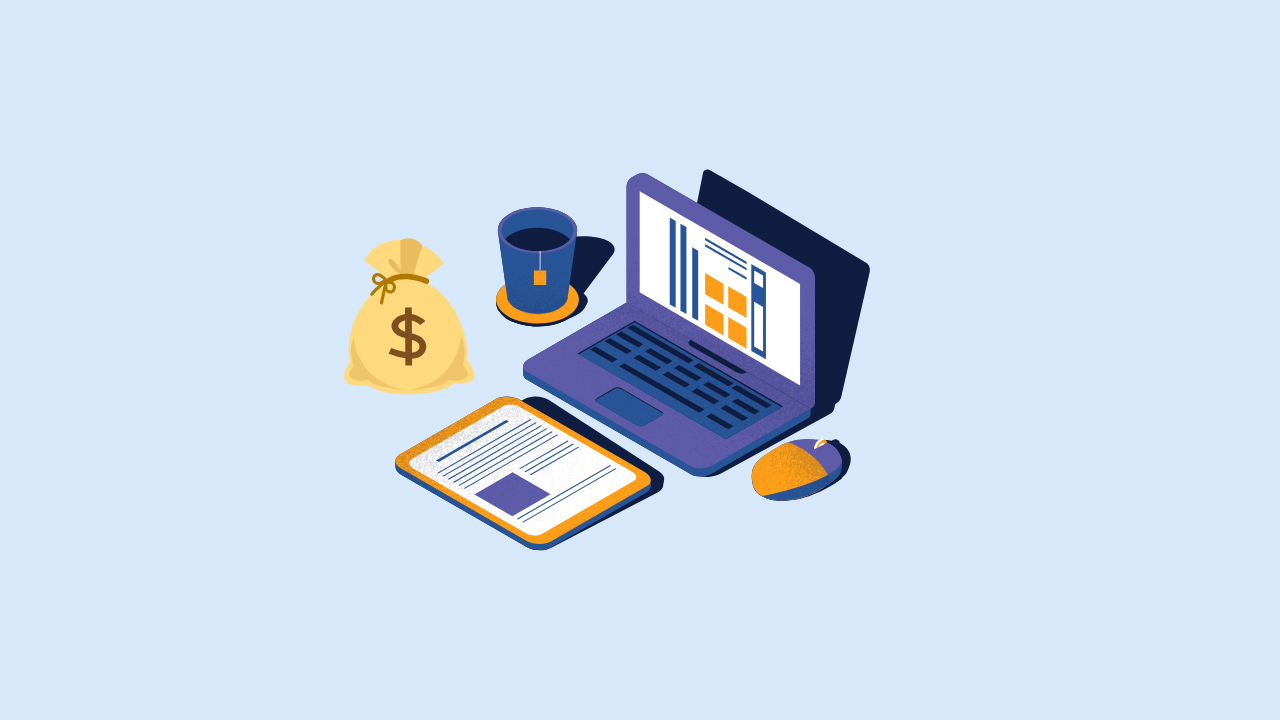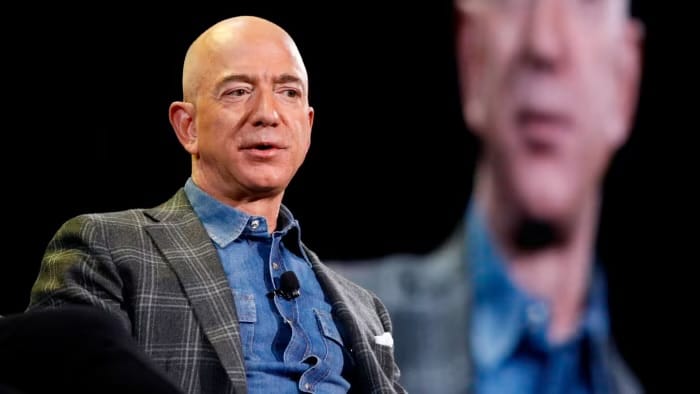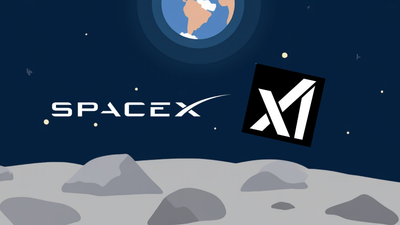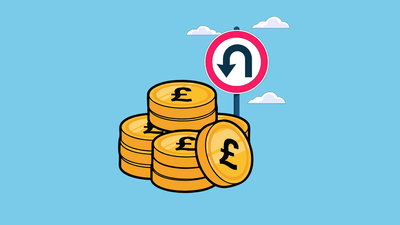Tech Success, Tariffs ease

Hi ZipLawyer! Here's all the news you need to know from last week plus what to look out for this week.
Tech Stocks Success
Good news for (most of) big tech this week:
- Microsoft cheered investors with 13% revenue growth to $70.1 billion and an 18% rise in net profit to $25.8 billion. Its cloud-computing division met expectations, easing concerns over growth.
- Meta also impressed, posting a 35% profit jump to $16.6 billion. The company increased spending on data centres and launched a new AI app to compete with ChatGPT, signalling Mark Zuckerberg’s AI ambitions.
Yet not everyone had just good news—Apple beat expectations but it faces possible criminal charges for dodging an in-app purchase injunction in its battle with Epic Games. The order was meant to stop Apple from using anti-competitive tactics and force it to allow outside payment options in the App Store.

Trump eases car Tariffs

Trump has dialled back some of the tough tariffs he slapped on imported cars and parts, which had been driving up costs for carmakers. He paused duties on aluminium and steel and tweaked his hefty 25% car tariff. Now, automakers building cars in the U.S. with foreign parts can get a small tax rebate—3.75% this year, dropping to 2.75% next.
- Sounds like good news, right? Not quite. Big players like GM and Stellantis are still nervous. Constant policy changes make it hard to plan (or sleep at night). Trump’s tariff tweak offers short-term relief, but the industry fears more trade curveballs ahead.
Deliveroo, time to sell?

Deliveroo might soon be off the menu—U.S. delivery giant DoorDash has served up a £2.7 billion takeover offer. With food delivery profits as thin as a pizza slice after your flatmate’s had a go, Deliveroo sees this as a smart exit. DoorDash wants to bulk up its European presence to take on Uber Eats and Just Eat. The pandemic boom in food delivery has cooled, with inflation, higher wages, and finicky customers making life tough. If the deal gets the green light, expect another big shake-up in the ever-hungry battle for your takeaway cravings.
Factory Buy-Out
Airbus is buying key factories from Spirit AeroSystems in the U.S., France, and Northern Ireland—sites that make essential aircraft body parts. Boeing, not wanting to be left out, is reclaiming the rest of Spirit’s business.
- Why? Thanks to geopolitical tensions and tariffs, supply chains have been a mess, and both aerospace giants want more control. Spirit was once Boeing’s baby before it was spun off 20 years ago. Now, as demand for planes takes off again post-pandemic, Airbus and Boeing are racing to secure production and dodge future trade and supply headaches.
Paramount, CBS & the Trump Tangle

Paramount, which owns CBS, is facing a media storm. A top producer at CBS’s 60 Minutes quit, claiming management was meddling with editorial content—never a good look for a news outlet. Whispers suggest Paramount’s keeping things tidy to avoid upsetting its planned merger with Skydance Media (and maybe the Trump administration too). Meanwhile, Paramount is reportedly settling a lawsuit from Trump, who says CBS unfairly edited his interview. The saga highlights a tricky modern truth: keeping journalism independent while chasing corporate deals is hard, if not impossible.
Eurozone Grows, ECB Cuts Rates (Again)
Good news (sort of): the eurozone’s economy grew 0.4% in early 2025, and Germany even managed a small 0.2% boost. Fearing Trump’s trade war might rain on this fragile parade, the European Central Bank (ECB) cut interest rates—again—bringing them down to 2.25%.
- The goal? Get people and businesses spending. So far, consumer splurging and industrial work are keeping things afloat, but global trade dramas and political surprises still lurk. The ECB is playing economic babysitter, but one wrong move (or tariff) and this cautious recovery could trip over its own shoelaces.
Unlock access to all our Application Insiders including Fried Frank and BCLP right now.
Worth Knowing

🇺🇸 Awkward Moments: Amazon’s reported plan to show import duties on product listings sparked a sharp reaction from the White House. Trump’s press secretary labelled the move “hostile and political.” Amazon quickly denied the idea and Trump personally called Jeff Bezos to defuse tensions. “He solved the problem very quickly,” the president said, calling Bezos a “good guy.”
🇩🇪 Deutsche Bank posted its best quarterly profit in 14 years, turning market turmoil into trading gains. After years of restructuring and past losses, the strong results signal a successful turnaround and renewed investor confidence.
🚗 Pirelli cut Chinese investor Sinochem’s control to avoid U.S. market risks and Western pressure over tech security. The move reflects Europe’s growing push to limit Chinese influence in sensitive industries amid rising U.S.-China tensions.
👀 Keep an eye on
Driverless Trucks

Driverless trucks are hitting US highways, with Aurora Innovation now operating autonomous freight routes between Dallas and Houston. The company plans to expand its fleet to 10 trucks by the end of 2025. Startups like Bot Auto and Waabi Innovation are also preparing to launch their own driverless trucks this year, with more competitors expected soon.
As autonomous vehicles become more common, expect heated debates over safety regulations and who controls the rules of the road. It’s also a major step for AI moving beyond screens into the physical world. If successful, AI could soon be controlling not just trucks but also industrial robots and other heavy machinery.
Unlock 400+ cases, deals, news about your favourite law firms to impress in applications and ACs!
➡️ Week Ahead

Monday: Indonesia announces how much its economy grew (GDP). Ford and Palantir share how much money they made recently in their earnings.
- Why it matters: Indonesia’s economy affects trade across Asia. Ford (cars) and Palantir (data and AI) earnings give clues about what consumers and businesses are spending on.
Tuesday: The US reveals its trade balance (how much it sells abroad vs. how much it buys). Kenya also reports its economic growth.
- Why it matters: US trade data shows how strong or weak global trade is. Kenya’s growth hints at how African economies are doing.
Wednesday: The US central bank (Federal Reserve) is expected to keep interest rates the same. Disney and Novo Nordisk report earnings.
- Why it matters: Interest rates affect everything from loan costs to mortgages. Disney’s earnings show how much people are spending on entertainment. Novo Nordisk is important because of rising demand for weight-loss drugs.
Thursday: The Bank of England is expected to cut interest rates. Mexico reports inflation (i.e. how much prices are rising). Big companies including Nintendo, Toyota, Rheinmetall, and Coinbase report earnings.
- Why it matters: A rate cut means cheaper borrowing in the UK. Mexico’s inflation gives clues about prices in Latin America. The earnings reports cover gaming, cars, defence, and crypto — key industries for jobs and investments.
Friday: China shares trade data. Brazil reports inflation. Canada releases jobs data for April.
- Why it matters: China’s trade figures reflect how global buying and selling is going. Brazil and Canada’s data show if prices are rising and if people are getting hired.
Term of the Week

Share Sales — When a shareholder, often a founder or executive, sells their ownership stake in a company by offloading shares, either privately or on public markets. This can be done to raise funds, diversify wealth, or support other ventures, and is often subject to regulatory oversight.
Think of it like selling slices of a very big cake you helped bake. You’re still proud of it, but now you want to use the money from those slices to start a new bakery — or maybe fund a rocket to space.
- 👀 See it in practice: Amazon founder Jeff Bezos is set to sell up to $4.75bn worth of Amazon shares through to May 2026. The move follows over $13bn in stock sales during 2024, as Bezos shifts focus to his space venture Blue Origin, charitable projects, and political rebranding. While such sales can raise eyebrows among investors, pre-scheduled plans help avoid regulatory pitfalls like insider trading, share price fluctuations and ensure transparency through SEC filings.
🙋 Did you find this helpful? If so, please let us know by voting below!






